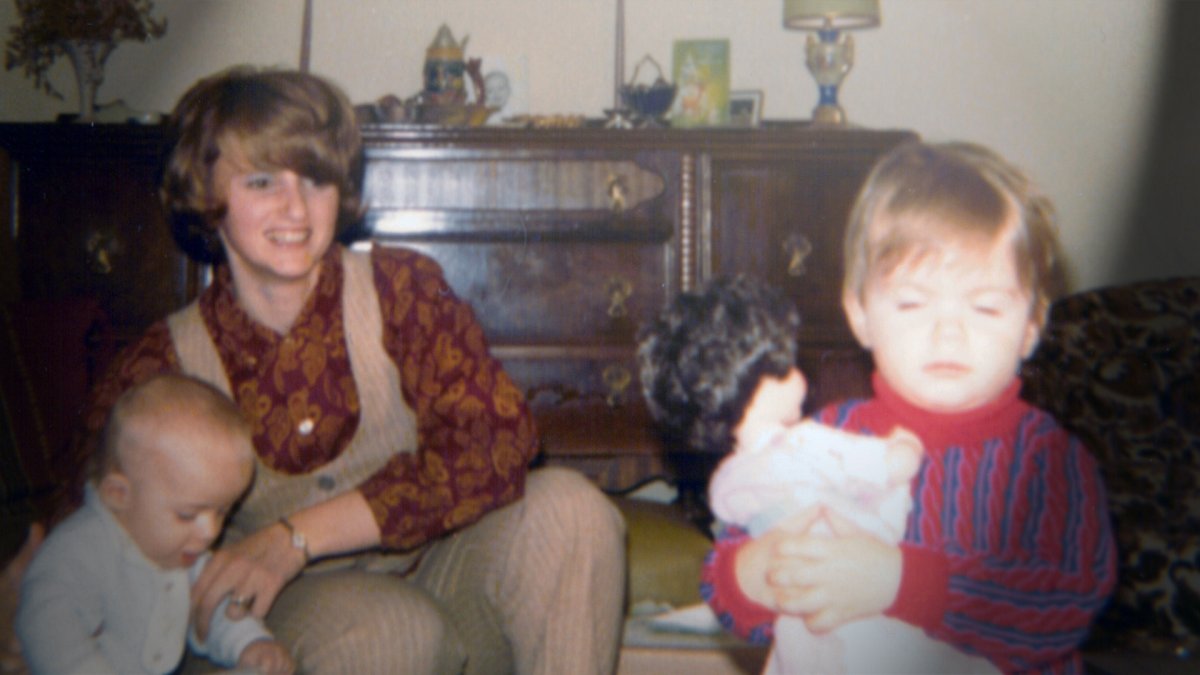Annette Corriveau thought she was living the dream. Married at 18, two beautiful children born shortly after, she thought she had it all.

But Annette’s dream was ravaged by fate. Her babies, Janet and Jeffrey weren’t as healthy as they first appeared. And never could she have imagined the horrific turn her children’s lives would take.
“They were a handful but I thought that was normal, after all, they were only a year apart,” she says. “You’re prepared for the terrible twos. So you overlook things. Then the threes come and you’re thinking wait a minute, this shouldn’t have lasted this long, and then the fours, all of a sudden, it’s, something is not right.”
When Janet and Jeffrey were five and six years old, their behaviour was becoming more rambunctious and unmanageable. They started losing the language they had developed and they were losing motor skills.
After a year and a half in a London, Ontario hospital Annette learned she and her husband both carried a recessive gene that prevented their children from properly metabolizing sugars. The children were diagnosed with a genetic disorder called Sanfilippo syndrome that has no cure and no treatment.
Now, more than three decades later, Annette wants the right to mercifully end her children’s lives.
“They wouldn’t like to live like this,” she says. “My children were full of life. When they were young, before this disease took hold…I just don’t believe that they would want to stay alive the way they are.”
- Posters promoting ‘Steal From Loblaws Day’ are circulating. How did we get here?
- Video shows Ontario police sharing Trudeau’s location with protester, investigation launched
- Canadian food banks are on the brink: ‘This is not a sustainable situation’
- Solar eclipse eye damage: More than 160 cases reported in Ontario, Quebec
Annette’s children have been institutionalized since they were seven and eight years old. They used to be well enough to come home on weekends but they haven’t left their current care facility in two decades.
Janet lies in bed until she’s helped by a caregiver, she can’t do anything but breathe on her own. Jeffrey is in an even more severe condition.
“They have said for years already that they don’t think he can hear or see. But how do you judge? The same with brain activity, how do you judge?” says Annette. “It’s the same as a comatose patient. There is sometimes brain activity, but how much?”
Jeffrey hasn’t tasted food in 17 years and Janet in five. And it was then – when feeding tubes were placed in her children – that she first thought about taking control of her children’s lives.
“The tubes are allowing them to, exist. Without the tubes, they wouldn’t be here,” she says.
Annette says no one can understand unless they watch – as she did – as her children slowly succumbed to this rare genetic disorder.
“The saying, ‘walk in another man’s moccasins’? Don’t judge. Unless you’ve been there, don’t judge,” she says. “This is no life. For anyone.”
In a 16×9 exclusive, a mother’s plea for mercy – and a father who has been down this road before – and paid the price. 16×9 opens up the debate on the controversial subject of euthanasia speaking to Annette Corriveau about her fight for mercy and to Robert Latimer, the Saskatchewan farmer who fought the Supreme Court of Canada after he ended his severely disabled daughter’s life.



Comments